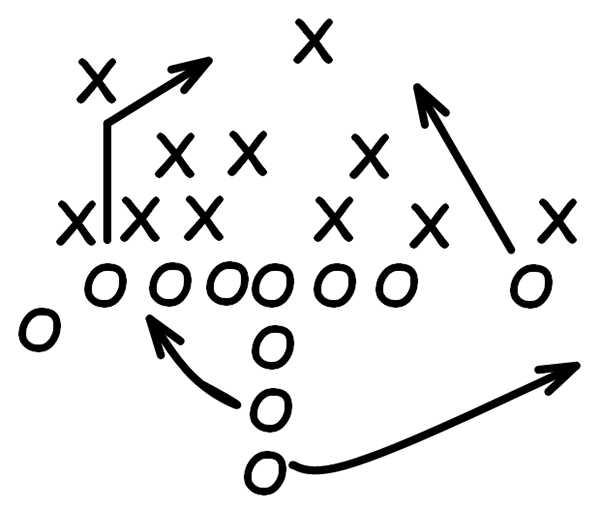
Jul 10, 2024 | Blog, Knowledge Sharing Culture, Strategy
When we think about a playbook, we often think about football. Developed over a nine-month season, the sponsor tasked us to deliver an Engagement Playbook to assist them in promoting adoption of a revised legal agreement between them and key stakeholders. We knew that we needed a strong set of plays to get us to the big game. Read how we tackled the Engagement Playbook using four key offensive plays.
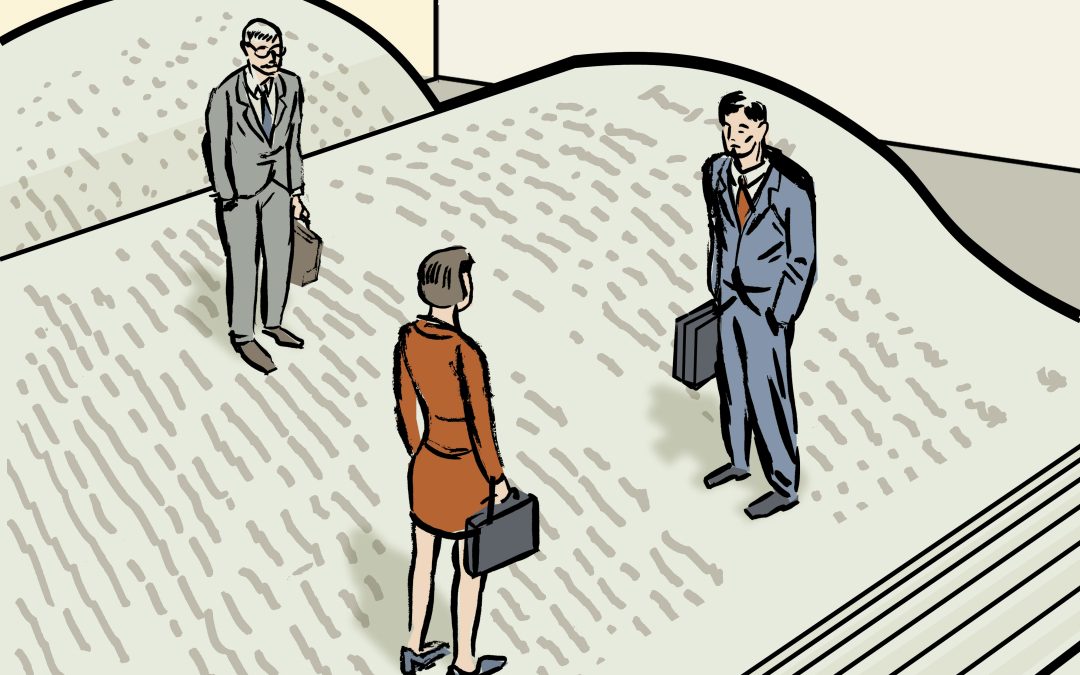
May 10, 2024 | Blog, Cross-Organizational Information Sharing, Knowledge Advantage, Knowledge Sharing Culture, Strategy
When we talk about an origin story, we naturally think of characters in great movies or captivating novels. We rarely think about businesses or organizations. Origin stories, when skillfully woven into an organization’s strategic communications in the defense sector, can pack an effective punch with key audiences.
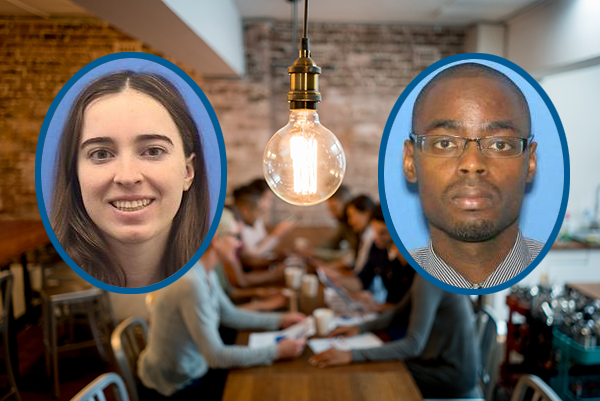
Nov 13, 2022 | Blog, Cross-Organizational Information Sharing, Knowledge Sharing Culture
In this episode, Leah Balkin, Systems Engineer, discusses her efforts to promote mentorship at MITRE.
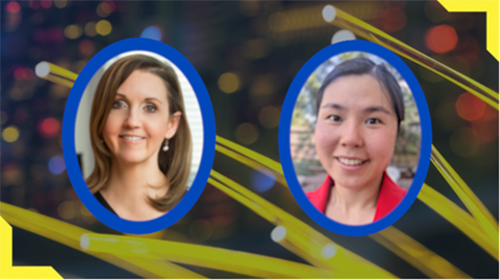
Aug 17, 2022 | Blog, Cross-Organizational Information Sharing, Knowledge Advantage, Knowledge Sharing Culture
In this episode of the MITRE Knowledge Driven Enterprise Podcast, Renee Rookwood, Healthcare Principal, shares her relationship with the concept of resilience and how it is applied to teams.

May 23, 2022 | Assessment & Recognition, Awards, Blog, Capabilities, Cross-Organizational Information Sharing, Human Organizational Systems, Knowledge Operations, Knowledge Sharing Culture, Learning Organization
Foundry’s CIO named MITRE to the CIO 100 for a second year in a row. The award recognizes MITRE’s enterprise platforms IT/knowledge management initiative for accelerating mission impact in 2021.
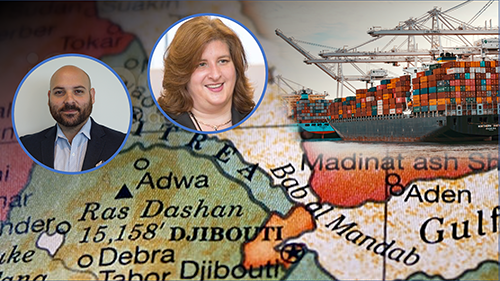
Feb 15, 2022 | Blog, Cross-Organizational Information Sharing, Knowledge Operations, Machine Learning, Artificial Intelligence, and Data Science
In this episode of the Knowledge-Driven Podcast, MITRE’s Tamara Ambrosio-Hemphill guides us through the decision-support tools MITRE has been developing to help the U.S. safeguard critical infrastructure across the globe while building partnerships and helping allies create a better future for their citizens.
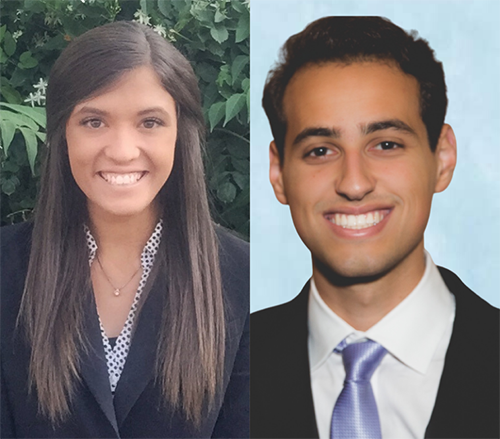
May 22, 2021 | Blog, Learning Organization
In this installment of the MITRE Knowledge Driven Podcast, Data Analytics Engineer Steffani Silva, gives us an inside look at the inner workings of Generation AI Nexus, a collaboration among MITRE, universities, and government that educates students, as well as professors, on the power of artificial intelligence and accessible data.

Apr 12, 2021 | Blog, Learning Organization
The pace of change accelerated across organizations over the past year, perhaps even more so across the government, given the previously limited telework capacity and available resources for robust virtual collaboration. This post focuses on lessons learned while taking a high-engagement, in-person, transformational change method into the virtual world to support the Census Bureau’s effort to design a 21st-century organization.

Mar 12, 2021 | Blog, Learning Organization
Air travel has become so common place to the point where many of us never even think about the wonder of flying on an aircraft or being able to send things around the world over night. And yet every day, countless agencies and individuals around the world move in a coordinated ballet even in the face of a global pandemic. In this session of the tri-annual Aviation Industry Update podcast, Michael Wells and Bob Brents focus on the complex logistics involved with distributing COVID vaccines across the country as well as the various applications that can help ease travel restrictions for a public eager to get back to normal.
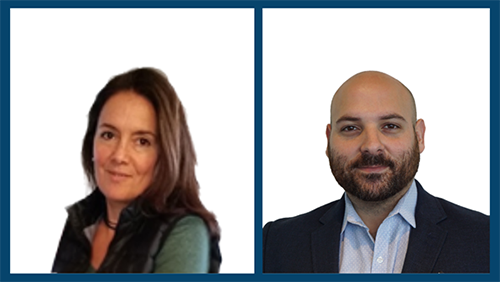
Feb 9, 2021 | Blog, Cross-Organizational Information Sharing
Many countries in the Global South are not fortunate enough to have the infrastructure or tools that we take for granted. Things as simple as knowing where a community is can mean life or death when battling disease. Join us as Dr. Victoria M. Gammino walks us through her work turning geospatial data into the tools and technology needed to keep the world healthy and disease free.

Jan 25, 2021 | Blog, Learning Organization
Like life, our projects move fast, and it is hard to find the time to stop and look around, causing us to miss insights that could be valuable to future projects. That’s where the Knowledge Harvesting (KH) Framework comes in.
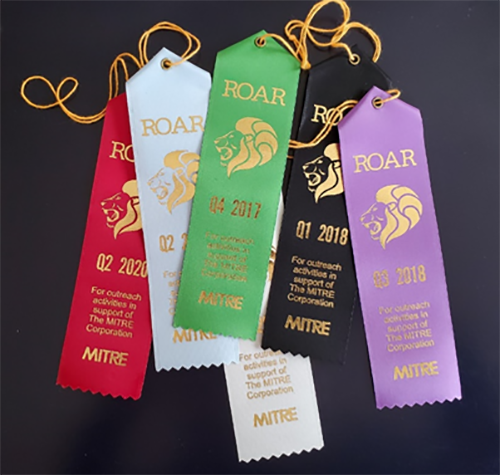
Jan 4, 2021 | Blog, Cross-Organizational Information Sharing
Charles Schmidt worked with his leadership in the Cyber Security Technical Center to figure out ways to incentivize better use of Tech Stature to record outreach activities. The Collaboration & Information Management department in Corporate Operations created the initial ROAR website to record awardees, and the Digital Content and Creative department designed the ROAR ribbons with their roaring lion icon. Thanks to these collective efforts, the Ribbons for Outreach Activity Recognition, or ROAR, was born.
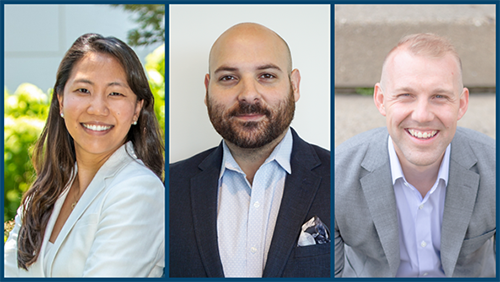
Nov 15, 2020 | Blog, Learning Organization
Innovation, much like improv, isn’t easy, but it can be a powerful way to bring people into a conversation they might typically avoid or feel excluded from. In our latest discussion with the Innovation Toolkit Team, Jen and Josh walk us through the power improvisation can have to start these conversations and how they refined their unique approach.

Oct 1, 2020 | Blog, Learning Organization
In a mid-summer virtual lunch with student interns, MITRE President and CEO Dr. Jason Providakes said, “We’ve had all this bad news [this summer], but the fact that MITRE can continue an internship program is a testament to our commitment of building the future workforce and serving the public interest.” A key part of MITRE’s overall student program this past summer, which involved nearly 500 student staff members, was the Emerging Technologies Summer Student Research Program, which began in 1989, and despite the pandemic, successfully completed its 32nd summer in 2020, under the leadership of Dr. James Ellenbogen.
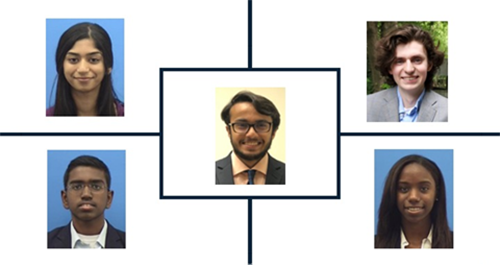
Sep 18, 2020 | Blog, Learning Organization
The classic conception of an intern is a minion who brings people coffee, fixes printer jams, and does grunt work. The interns hired by MITRE’s Emerging Technologies Department, however, are not minions. They are student investigators charged with helping to solve overwhelming societal problems. Read profiles of four of these interns and their summer work in the public interest.

Sep 14, 2020 | Blog, Cross-Organizational Information Sharing
It’s no secret that change can be difficult and slow, especially when it comes to changes at work. Just this week, I heard an executive say, “Anyone who tells you that change is easy hasn’t done it before.”
Yet this year, many of us have quickly embraced virtual collaboration tools. We’ve all experienced numerous other changes, especially as we untethered from the “40 hour+ work on-site” culture. Why have we been so quick to adopt Zoom, Slack, and Office 365? What can we learn from this recent experience so that we can support our colleagues through future change?

Sep 7, 2020 | Blog, Collaboration, Partnerships and Social Media
In 2012, The Economist penned an obituary for the Public-Private Partnership (PPP). The headline: ‘RIPPP’. Eight years later however PPPs are very much alive and the appetite for them has not slowed in spite of high-profile scandals and debates about the commodification of public infrastructure.
PPPs, while diverse and increasingly complex, can most easily be thought of as a long-term contract between a public agency and a private party to execute or operate a project.
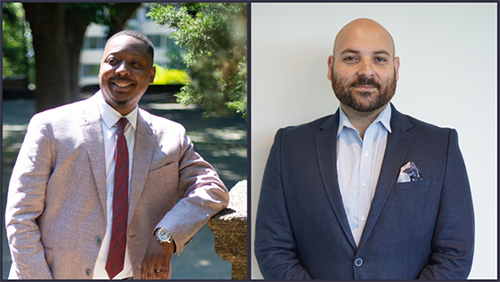
Aug 10, 2020 | Blog, Collaboration, Partnerships and Social Media
The STEM field has been described as the great equalizer, a field that celebrates and elevates those who contribute to it. Still, many students, especially students of color, find it intimidating and hard to approach. Fortunately, individuals like Willie Hill are dedicating their time and talents to show students of all backgrounds that STEM is fun and worth getting excited about.

Jul 25, 2020 | Blog, Collaboration, Partnerships and Social Media
This story is the first in a series about how The MITRE Corporation tackles complex problems. This first article probes the concept of upstream thinking in the context of veteran wellness and the value of designing with people rather than for them.
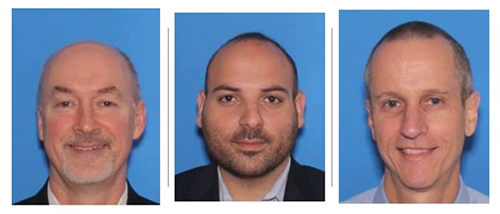
Jul 20, 2020 | Blog, Collaboration, Partnerships and Social Media
Air travel has become so commonplace to the point where many of us never even think about the wonder of flying on an aircraft or being able to send things around the world over night. And yet every day, countless agencies and individuals around the world move in a coordinated ballet even in the face of a global pandemic.




















